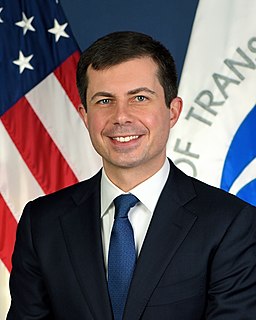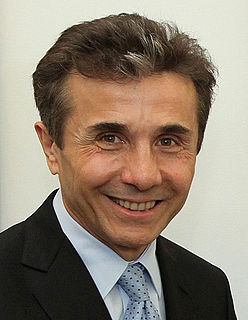A Quote by Langston Hughes
Politics in any country in the world is dangerous. For the poet, politics in any country had better be disguised as poetry. Politics can be the graveyard of the poet. And only poetry can be his resurrection.
Related Quotes
Loneliness is necessary for pure poetry. When someone intrudes into the poet's life (and any sudden personal contact, whether in the bed or in the heart, is an intrusion) the poet loses his or her balance for a moment, slips into being what he or she is, uses his or her poetry as one would use money or sympathy. The person who writes the poetry emerges, tentatively, like a hermit crab from a conch shell. The poet, for that instant, ceases to be a dead person.
Those of us who work in politics can only make ourselves useful if our heads are filled with things that we can contribute to the political space. JFK had this quote about how if more politicians knew poetry and more poets knew about politics, the world would be a better place. Being attentive to the things that add meaning to our lives alongside politics will help us inform our politics with the values that really do make America great.
The issue of the American justice system is so much broader than any one party, or any area of the country, or any one policy, because the totality of it is that it's driven by the underlying politics. The underlying politics are white fear and wrath and punishment. And that's what tends to be consistent. As I say in the book, that's the magnet that's drawing the iron filings into alignment. That's the thing that's powering all of it. The gravitational pole of those politics operate on each of these disparate little actors.
What the world wants, what the world is waiting for, is not Modern Poetry or Classical Poetry or Neo-Classical Poetry - but Good Poetry. And the dreadful disreputable doubt, which stirs in my own skeptical mind, is doubt about whether it would really matter much what style a poet chose to write in, in any period, as long as he wrote Good poetry.






































